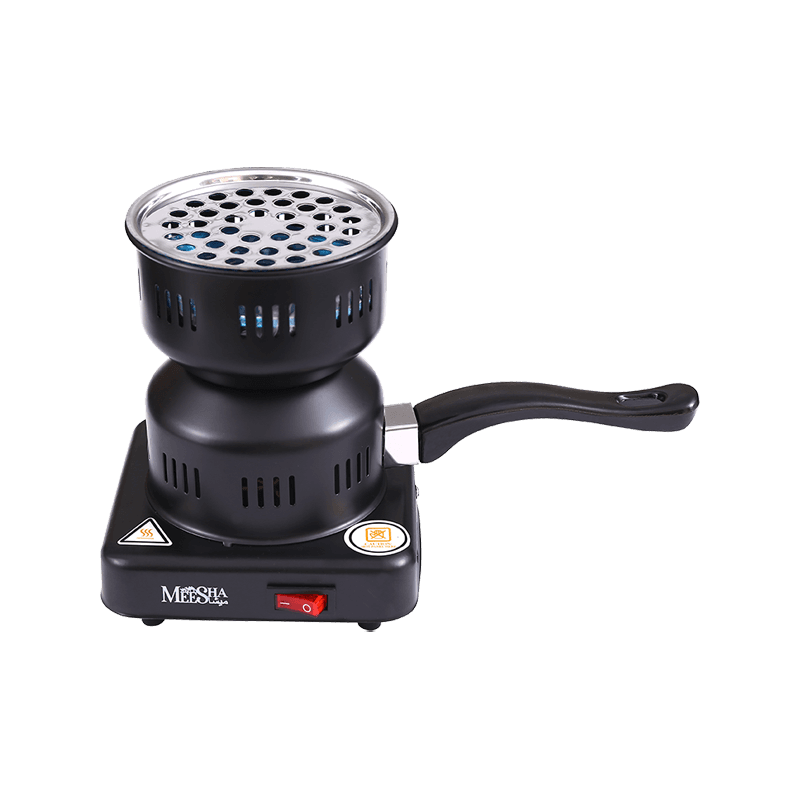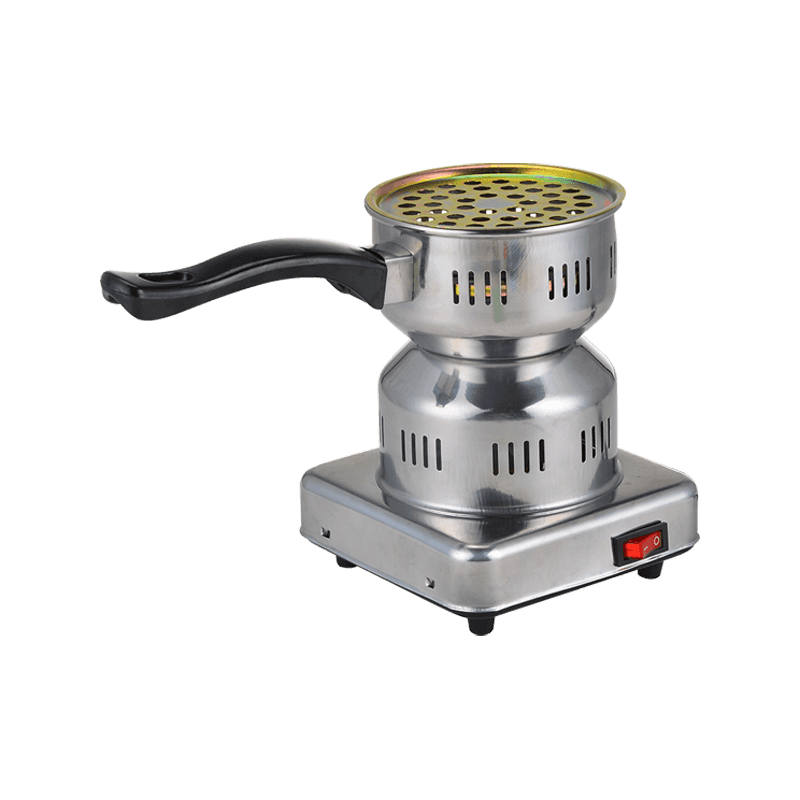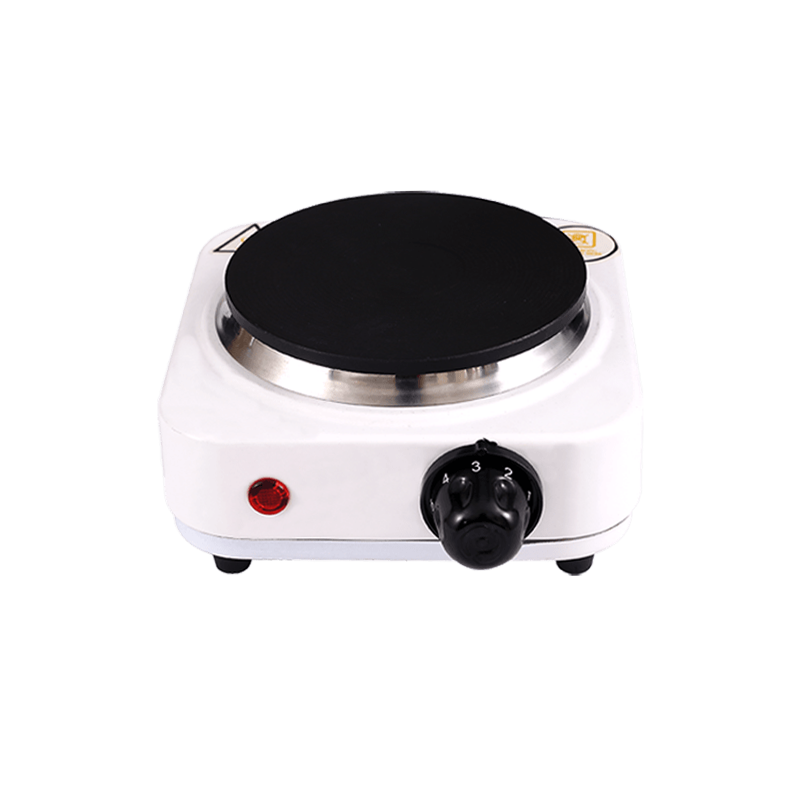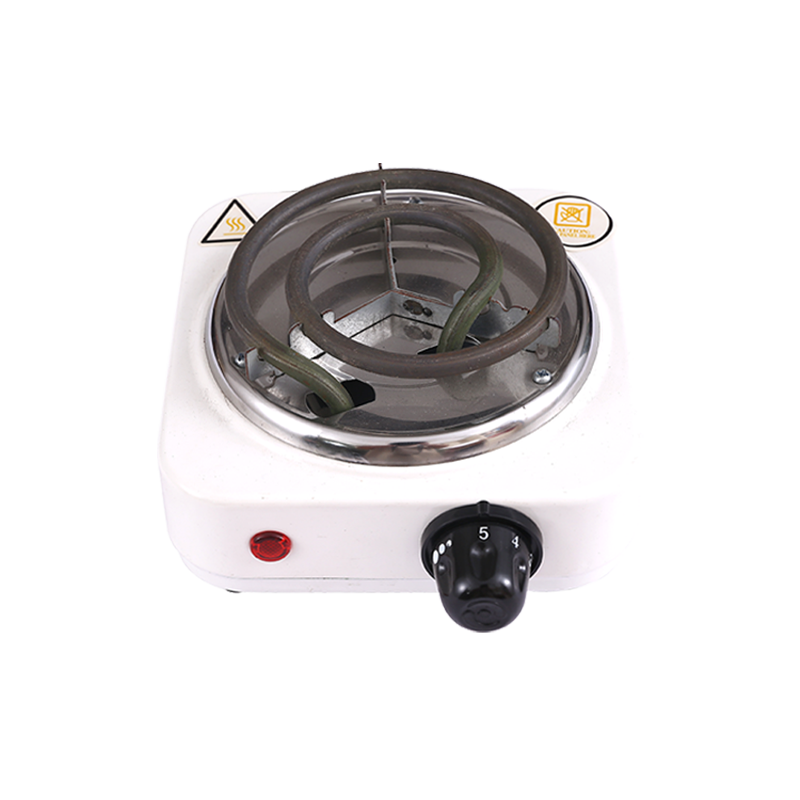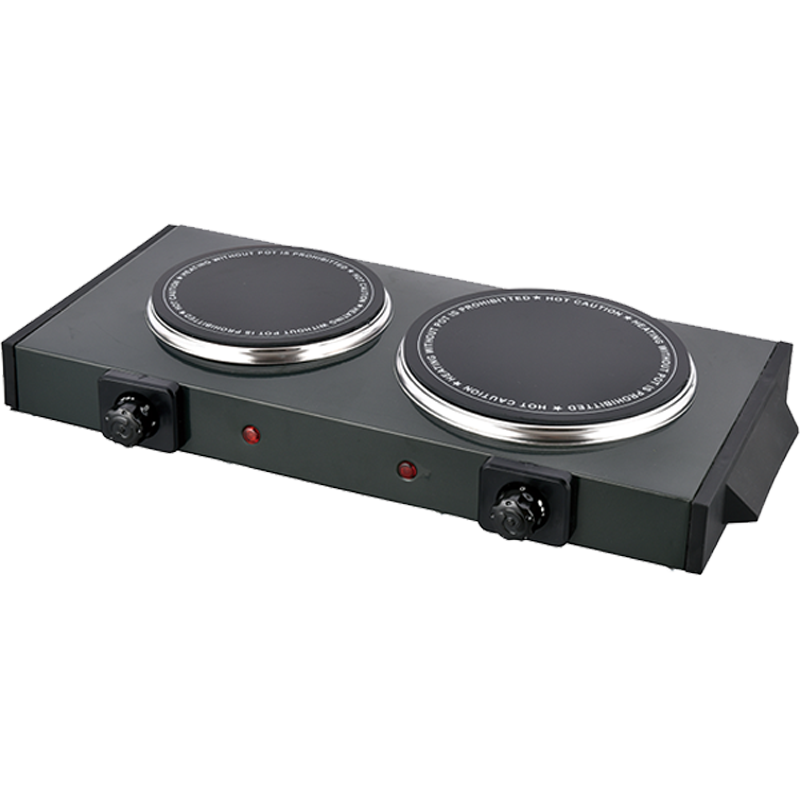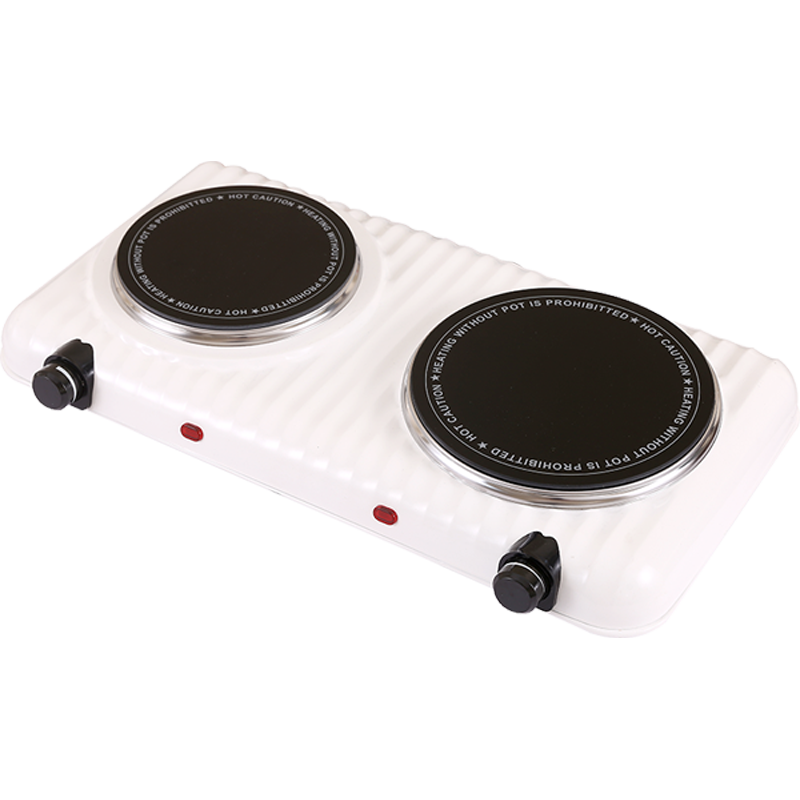+86-579-87253168
What is Electric Charcoal Starter?
In recent years, electric charcoal starter has emerged as an alternative to traditional charcoal used for grilling, heating, and culinary purposes. Unlike conventional charcoal, which requires combustion and produces smoke, electric charcoal provides a controlled heating source using electricity, making it a cleaner and more convenient option for various applications.
Electric charcoal typically consists of heating elements encased in materials designed to simulate the behavior of burning charcoal. When powered, these elements generate heat, allowing food to be grilled or warmed without the need for an open flame. This method reduces smoke emissions and the odors associated with traditional charcoal, which can be particularly useful in indoor or semi-enclosed spaces where ventilation may be limited.
One of the main advantages of electric charcoal is its ease of use. Users can quickly start the heating process without the need for fire-starting tools or chemical accelerants. Temperature control is also easier to manage, providing a consistent heat output that helps maintain steady cooking conditions. This feature allows chefs and home cooks alike to achieve predictable results without constant adjustment.
From a safety perspective, electric charcoal reduces the risk of accidental fires since there is no direct flame. Devices are often equipped with automatic shut-off features and protective housing, minimizing the chance of burns or other hazards. These considerations make electric charcoal suitable for households, commercial kitchens, and outdoor cooking setups where safety is a concern.
Environmentally, electric charcoal can offer a smaller footprint compared to traditional charcoal production. There is no need for large-scale wood processing or burning of biomass, and the absence of smoke helps decrease indoor air pollution. While electricity generation has its own environmental considerations, the controlled nature of electric charcoal can be integrated with renewable energy sources to further enhance sustainability.
Applications of electric charcoal extend beyond cooking. Some models are used for heating in small areas, as part of smoking machines for food preparation, or in recreational devices such as hookah burners. The versatility of this technology provides multiple benefits across different scenarios, balancing efficiency, convenience, and cleanliness.
In conclusion, electric charcoal represents a modern adaptation of a traditional fuel source. Its controlled heat, ease of operation, and safer profile make it an attractive option for those seeking a practical alternative to conventional charcoal. With continued innovation, electric charcoal solutions are likely to become increasingly accessible and useful in domestic and professional environments, offering a flexible approach to cooking and heating.
Are electric charcoal starters safe?
As more households and culinary spaces adopt electric charcoal, safety becomes a key consideration. Unlike traditional charcoal ignition methods, electric starters eliminate the need for open flames or chemical accelerants, reducing certain hazards commonly associated with conventional charcoal use.
Electric charcoal starters operate by heating elements that transfer warmth directly to the charcoal. Because there is no direct flame, the likelihood of accidental fires is lowered. Users can control the process more precisely, allowing the charcoal to reach an appropriate temperature gradually. Many devices also include automatic shut-off functions or insulated housing, further minimizing potential risks during operation.
Proper placement of electric starters is essential for safety. Surfaces should be flat, heat-resistant, and stable to prevent tipping. Avoid placing the device near flammable materials, and ensure adequate ventilation to disperse heat effectively. These practices help prevent overheating of surrounding areas and maintain a safe cooking environment.
While the absence of flames reduces fire hazards, handling precautions remain important. Charcoal will still become hot, so protective tools such as tongs or heat-resistant gloves are recommended when transferring or adjusting the charcoal. Users should also monitor the starter during operation and avoid leaving it unattended, as any heat source can present hazards if neglected.
Electric starters can also contribute to cleaner cooking. Traditional methods often produce smoke and odor that may be irritating in enclosed spaces. By using electricity, these devices reduce airborne particles, creating a safer and more comfortable environment for indoor use. This feature is particularly valuable in kitchens or covered patios where ventilation may be limited.
Maintenance is another factor in safe usage. Regular inspection of the heating element, housing, and power cords can prevent malfunctions or short circuits. Ensuring that no debris or moisture comes into contact with the starter enhances reliability and safety. Following manufacturer guidelines for operation and storage is essential to maintain a hazard-free setup.
In addition to household applications, electric charcoal starters are used in professional kitchens, catering setups, and outdoor cooking scenarios. Their controlled heat and predictable operation make them suitable for repeated use, reducing the risk of accidents that can occur with traditional ignition methods. Over time, awareness of safety practices continues to improve user confidence and ensures responsible use.
In conclusion, electric charcoal starters provide a safer and more controlled way to prepare charcoal compared to conventional ignition techniques. With attention to placement, handling, and maintenance, these devices can be integrated into daily cooking routines with reduced risks. As adoption increases, users benefit from a reliable and convenient tool that aligns with both practical needs and safety considerations.




 عربى
عربى